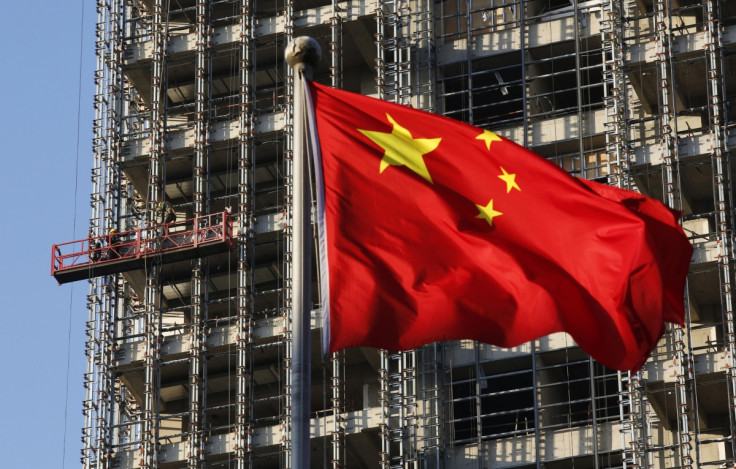Beijing Home Sales Fall by One Third on Property Cooling Measures

Property sales in China's capital declined more than 30% year over year in the first half of 2013, indicating that the government measures to curb property speculation in the country are working.
Sales of residential units in the first half fell by 35.2% from last year, the South China Morning Post reported, citing figures from the Beijing municipal government.
In addition to the property cooling measures, the launching of a subsidised housing programme for first-time buyers also contributed to the decline, according to Xia Qinfang, deputy director of the Beijing Bureau of Statistic. The sales under the programme were not part of the overall residential sales figures.
Beijing has been taking online applications for ten subsidised housing projects, and construction has already begun on a number of similar housing schemes.
"Such policies have managed to stabilise the real estate market quite well," Xia said.
"Since the start of the year, growth in property prices has kept falling, which is a good sign for people's livelihoods."
The decline comes after a 30% rise in residential property sales in the first half of 2013 from the year-ago period.
The National Bureau of Statistics earlier released figures that showed a 7.8% year-on-year decline in home sales across the country for the first six months of 2014.
China's property market witnessed sky-high price levels amid rising demand. In order to cool the property market, more than 40 cities across the mainland have introduced home buying restrictions since early 2010.
However, a number of cities including Wenzhou, Zhejiang, and Haikou, Hainan have eased the restrictions later as they suffered serious revenue loss from land bids.
The property cooling measures have reduced property prices across the country. Average home prices declined 0.47% in June in 70 tracked Chinese cities, compared with a 0.15% fall in May, according to calculations by the Wall Street Journal.
© Copyright IBTimes 2024. All rights reserved.






